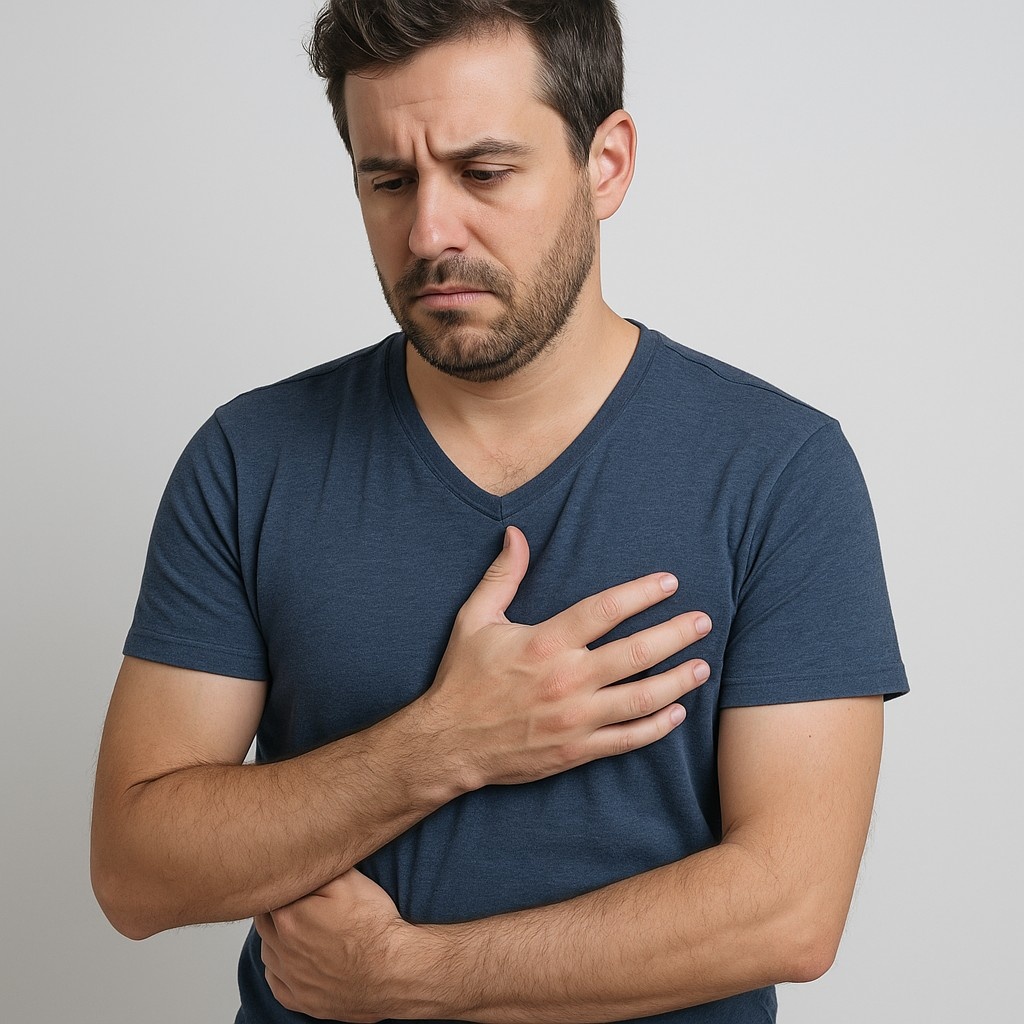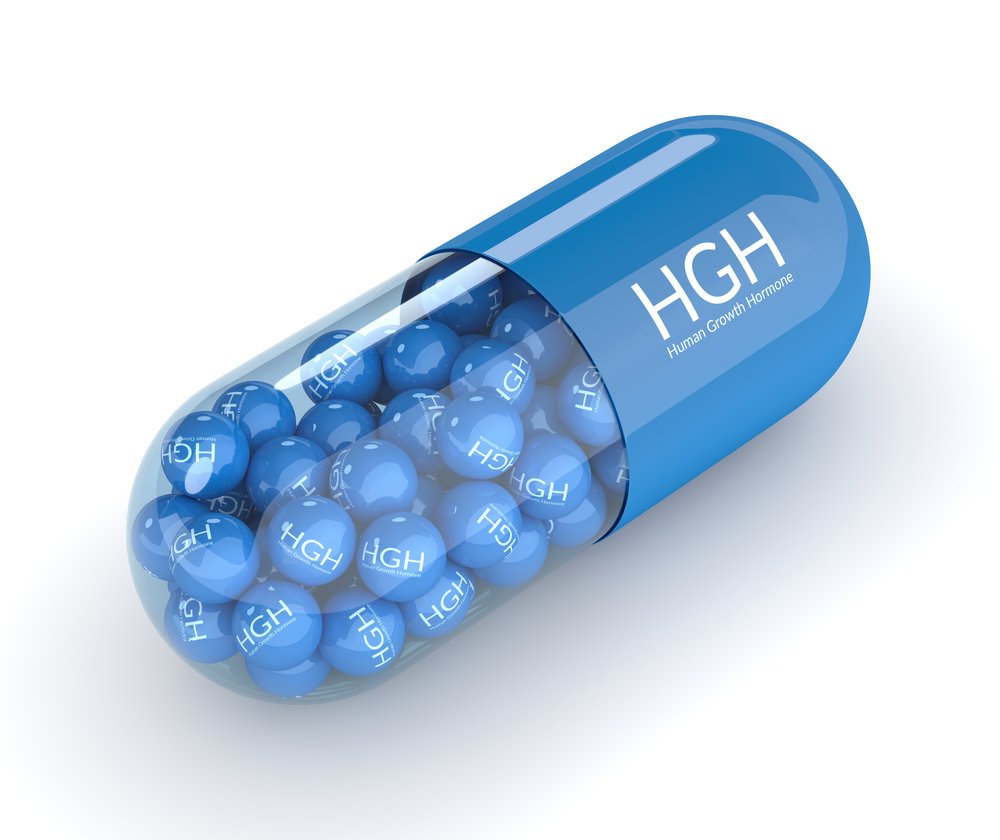What Are the Signs of High Estrogen in Men? Learn the Key Indicators

Strong 8k brings an ultra-HD IPTV experience to your living room and your pocket.
Hormones play a critical role in maintaining the balance of the body, affecting everything from energy levels to reproductive health. For men, testosterone is often the hormone that comes to mind, but estrogen—the primary female hormone—is also present in men, though in smaller amounts. An increase in estrogen levels in men can lead to physical, emotional, and health problems.
In this blog, we will explore the signs of high estrogen in men, what causes it, and how it can impact overall health. We will also cover frequently asked questions to give you a complete understanding of this hormonal issue.
Understanding Estrogen in Men
Although estrogen is commonly associated with women, men also produce it, primarily through the conversion of testosterone by an enzyme called aromatase. Estrogen in men is necessary for regulating libido, erectile function, bone health, and cardiovascular function.
However, problems arise when estrogen levels become too high compared to testosterone. This imbalance can cause physical changes, mood swings, and other health issues.
Common Signs of High Estrogen in Men
Recognizing high estrogen in men early can help prevent long-term health problems. Here are some key indicators:
1. Gynecomastia (Enlarged Breast Tissue)
One of the most noticeable signs of high estrogen in men is gynecomastia, or the enlargement of breast tissue. This occurs when estrogen levels outweigh testosterone, leading to the growth of breast cells. Men may notice puffiness or swelling around the chest area, sometimes accompanied by tenderness.
2. Low Libido and Erectile Dysfunction
Estrogen imbalance can directly affect sexual health. Men with high estrogen may experience a reduced sex drive, difficulty achieving or maintaining erections, or general sexual dissatisfaction.
3. Weight Gain and Fat Distribution
The effects of high estrogen levels can be felt in the abdomen and the chest, especially in men with high estrogen levels. Fat may also be stored differently, giving men a softer, more “feminine” body shape.
4. Mood Swings and Emotional Changes
Hormonal imbalance doesn’t just affect the body; it also impacts the mind. Mood swings, irritability, anxiety, and depression may occur in men with elevated estrogen levels. This happens because estrogen can influence neurotransmitters in the brain that regulate mood.
5. Low Muscle Mass and Strength
Testosterone is critical for building and maintaining muscle. When estrogen levels rise, it can inhibit testosterone, resulting in reduced muscle mass and strength, even if the man maintains a regular exercise routine.
6. Fatigue and Low Energy Levels
High estrogen can also cause chronic fatigue. Men may feel tired more often and struggle with focus and productivity. This can be frustrating because lifestyle factors like sleep and diet alone may not solve the issue.
7. Hair Loss or Thinning
Some men with high estrogen experience hair thinning or loss, particularly on the scalp. This can occur alongside other signs of testosterone deficiency.
8. Infertility
An imbalance of estrogen and testosterone can interfere with sperm production, leading to reduced fertility in men.
Causes of High Estrogen in Men
Male hormone levels can be elevated for a number of reasons:
Obesity: Excess fat tissue can convert testosterone into estrogen.
Aging: Testosterone naturally declines with age, and estrogen may become relatively higher.
Medications: Certain drugs, such as steroids or hormonal treatments, can increase estrogen.
Liver Issues: The liver helps metabolize estrogen, so liver problems can cause hormonal buildup.
Lifestyle Factors: Excess alcohol consumption, poor diet, and lack of exercise can contribute.
How to Manage High Estrogen
If you suspect high estrogen, a doctor may recommend tests to measure hormone levels. Management may include:
Lifestyle Changes: Maintaining a healthy weight, regular exercise, and a balanced diet.
Medication: Aromatase inhibitors may be prescribed to reduce estrogen levels.
Avoiding Triggers: Reducing alcohol, avoiding certain medications, and limiting exposure to estrogen-like chemicals in plastics and foods.
Early intervention can help restore hormonal balance and reduce long-term health risks.
FAQ: Signs of High Estrogen in Men
Q1: Can high estrogen cause infertility in men?
A1: Yes, high estrogen can reduce sperm production and affect fertility by disrupting the balance with testosterone.
Q2: Is gynecomastia caused only by high estrogen?
A2: Not always. Gynecomastia can result from high estrogen, low testosterone, certain medications, or underlying health conditions. A doctor can help determine the cause.
Q3: How can I know if my estrogen is too high?
A3: A blood test measuring hormone levels is the most accurate way. Symptoms like breast enlargement, low libido, and fatigue may indicate an imbalance.
Q4: Can lifestyle changes lower estrogen levels naturally?
A4: Yes, regular exercise, a healthy diet, maintaining weight, and reducing alcohol can help manage estrogen levels naturally.
Q5: Does age affect estrogen levels in men?
A5: Yes, as men age, testosterone levels decline while estrogen may stay the same or increase, sometimes leading to symptoms of high estrogen.
Note: IndiBlogHub features both user-submitted and editorial content. We do not verify third-party contributions. Read our Disclaimer and Privacy Policyfor details.







